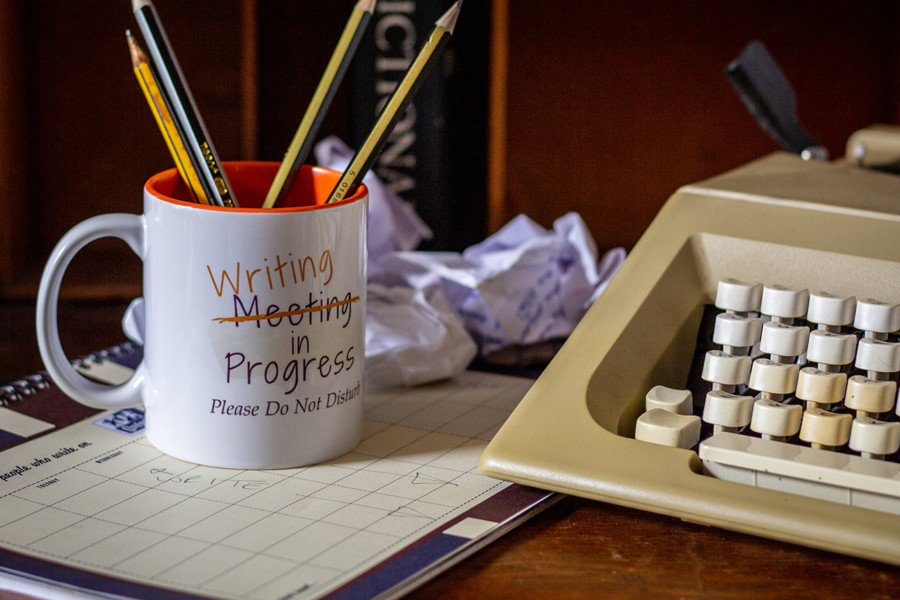Jo VanEvery, Academic Career Guide · Communication vs Validation: Why are you publishing? The primary purpose of publishing, even scholarly publishing, is communication. If you centre the communicative role of publishing, with a focus on the audience and the difference you would like your work to make for that audience, decisions about when and where […]
Read More »monographs
How can reviewer comments improve your work?
Jo VanEvery, Academic Career Guide · How can reviewer comments improve your work? This post is a companion to The Role of Peer Review, and focuses on the editorial function of peer review. You want to do good work. You want your work to be published so that other scholars can read it and engage […]
Read More »The role of peer review
Jo VanEvery, Academic Career Guide · The role of peer review This post is a companion to How can reviewer comments improve your work? It focuses on the function of peer review in journal processes and in validating the quality of published work. The other post focuses more on the editorial function. In situations where scarce […]
Read More »Peer reviewed journal articles and monographs in the academic evaluation process
Jo VanEvery, Academic Career Guide · Journals and monographs in academic evaluation processes This is the 2nd post in a series on how your scholarship is evaluated in various academic evaluation processes. I was inspired by the comments on a blog post on Melville and the knowledge that some of my readers do blog and […]
Read More »On advice about publishing before securing an academic job
Your doctoral supervisor (and indeed the entire department) has an interest in you getting a tenure-track job. It is in their interests to give you good advice.
That said, sometimes their knowledge of the labour market is limited. Assume that they have good intentions, but don’t treat their advice as gospel. Things have been changing fast.
Read More »









